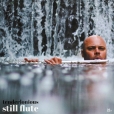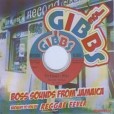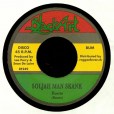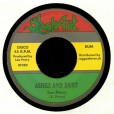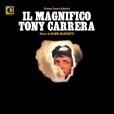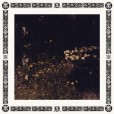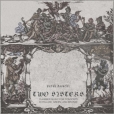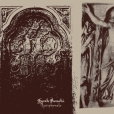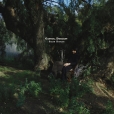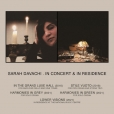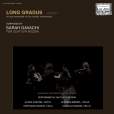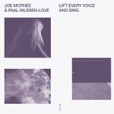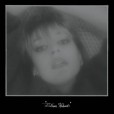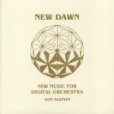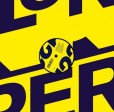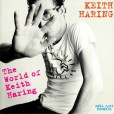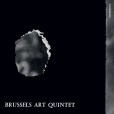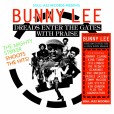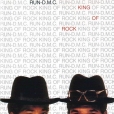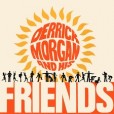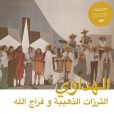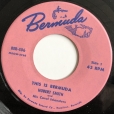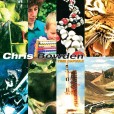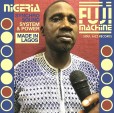Your basket is empty

Recorded in St. Edmund’s Church, Oslo, on 13 December 2017.
Compositions by James Weldon Johnson and Thelonious Monk; also originals, including a tribute to Don Cherry.
Another humdinger in the Actions For Free Jazz series supervised by Smalltown Supersound.
Vinyl only, no digital. 500 copies, that’s it.
“360 degrees of freedom is overwhelming in music, and you need not truly begin to find freedom until you put yourself under extremely narrow constraints.”
‘Slepian’s work draws equally from the harmonic terrain he explored while performing with a Javanese gamelan ensemble, as well as time spent building and modifying electronic audio equipment for studios and fellow musicians. Gravitating towards improvisation and experimentation, he built a breathtaking sound-world that stretched the briefest of moments into an eternity of detail and depth.’
In 1980, Slepian consolidated his vision with a series of cassette albums. His ‘New Music For Digital Orchestra’ was actually performed by instruments, tools and recording techniques which are entirely analogue, and captured live with no overdubs.
From 1969, the complete works of this collaboration between members of the mythical Babs Robert Quartet (Belgian spiritual jazz pioneers) and the jazz/rock/funk unit COS, closely affiliated with Marc Moulin, Kiosk and Placebo during the 1970s.
A holy grail of a jazz 45, musically bifocalising another two masterpieces in this format: Krzysztof Komeda’s Cul-De-Sac soundtrack and François Tusques’ Le Corbusier souvenir, with Don Cherry.
